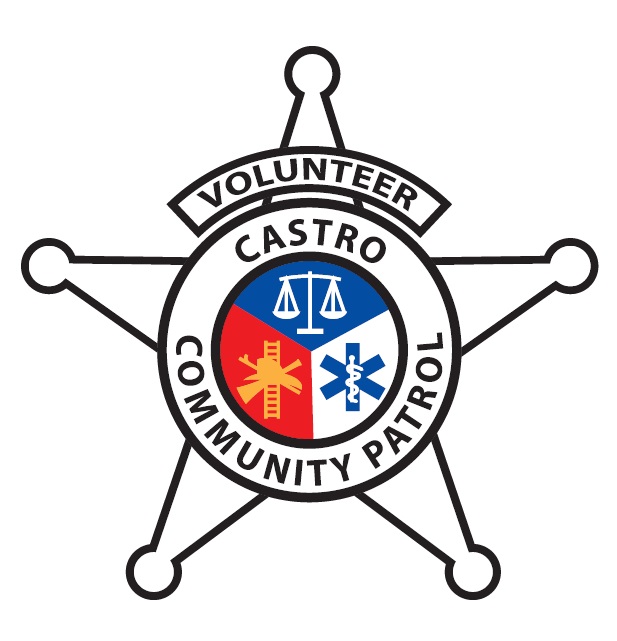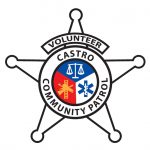After the 2016 presidential election, there is a heightened chance that people will feel emboldened to attack LGBT and other minority communities verbally and possibly physically. We must not become paranoid, but should have a heightened awareness about our personal safety and the safety of the community.
Here are a few things we ask of you:
1. Enter these 2 numbers in your phone’s address book and then set them to “Favorites”: 911 for “crime in progress” and 415-553-0123 for non-emergencies. [NOTE: Add 911 because it will be much faster to hit the entry than trying to dial 911 manually.]
2. Report every crime, using 911 for any crime in progress (suspects still in area) and non-emergency (suspects unknown or left the scene). The police need accurate data to manage resources.
3. Get the license number on vehicles and accurate descriptions of suspects.
4. Press charges or be willing testify as a witness if a suspect is detained.
5. Put a safety whistle on your key chain and carry it with you at all times [they are also essential for earthquake safety if trapped in rubble].
6. If you hear someone blowing a whistle, investigate from a safe distance and call 911 if appropriate. [The community had trained itself to do this as a reflex in the 1970’s but has become affected by the “I don’t want to get involved” syndrome in the mean time.]
7. Avoid walking alone at night. Try to travel with friends or stay with the crowd.
8. Find a basic self-defense class or join a martial arts group so you can better defend yourself or others.
9. Join or at least support Castro Community on Patrol (CCOP). You are actually safer when on patrol with a trained, highly visible and well-known group than walking alone. We need a much larger visible presence.
10. Stay informed about threats or attacks via reliable media sources (Hoodline, Bay Area Reporter, Bay Times, network TV, etc.) and avoid the click-bait, conspiracy theory, and 3rd-hand “reports” as many of these are highly embellished or at times made up and tend to frighten more than inform.
11. Form closer bonds with others through your social network, volunteer organizations, communities of faith, etc. so you are part of a larger network who can either help you physically during an attack or emotionally if fear becomes overwhelming.
12. Take care of yourself, take care of your friends, and take care of your community.


